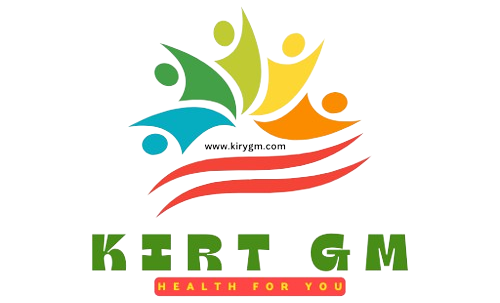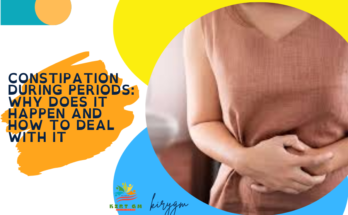Period bloating is a common symptom experienced by many menstruating individuals. It is characterized by feelings of fullness, swelling, and discomfort in the abdominal area. While there are various factors that can contribute to period bloating, including hormonal fluctuations and water retention, one question that often arises is whether salt intake plays a role in exacerbating this symptom. Let’s explore the relationship between salt intake and period bloating to better understand how dietary choices may impact menstrual health.
Understanding Period Bloating
Before delving into the role of salt intake, it’s important to understand why bloating occurs during menstruation. Hormonal changes, particularly fluctuations in estrogen and progesterone levels, can lead to increased water retention and bloating in the days leading up to menstruation. Additionally, prostaglandins, which are hormone-like substances produced by the uterus, can cause the muscles in the uterus to contract more strongly, contributing to feelings of discomfort and bloating.
The Role of Salt in Water Retention
Salt, or sodium chloride, is known to cause the body to retain water. When you consume high amounts of salt, the body responds by retaining more water to maintain the proper balance of electrolytes. This can lead to temporary water weight gain and bloating, particularly in the abdominal area.
Effects of Salt Intake on Period Bloating
While salt intake can contribute to overall water retention and bloating, its specific impact on period bloating may vary from person to person. Some individuals may find that consuming salty foods or excess salt leads to increased bloating and discomfort during their menstrual cycle, while others may not notice a significant difference.
Tips for Managing Period Bloating
If you experience bloating during your period and suspect that salt intake may be a contributing factor, there are several steps you can take to help alleviate this symptom:
- Monitor Your Salt Intake: Pay attention to your salt intake and try to limit consumption of high-sodium foods, such as processed snacks, canned soups, and fast food. Opt for whole, minimally processed foods whenever possible.
- Stay Hydrated: Drinking plenty of water can help flush excess sodium from your body and reduce water retention. Aim to drink at least 8-10 glasses of water per day, especially during your period.
- Eat Potassium-Rich Foods: Potassium helps counteract the effects of sodium and can help reduce water retention. Incorporate potassium-rich foods into your diet, such as bananas, leafy greens, sweet potatoes, and avocados.
- Avoid Carbonated Beverages: Carbonated beverages can contribute to bloating and gas, exacerbating feelings of discomfort during your period. Opt for water or herbal teas instead.
- Move Your Body: Gentle exercise, such as walking or yoga, can help reduce bloating and improve circulation. Aim to incorporate regular physical activity into your routine, even if it’s just a short walk around the block.
- Use Heat Therapy: Applying a heating pad or taking a warm bath can help relax the muscles in your abdomen and alleviate bloating-related discomfort.
Conclusion
While salt intake may contribute to period bloating for some individuals, its impact can vary depending on factors such as overall diet, hydration levels, and individual sensitivity to sodium. By monitoring your salt intake, staying hydrated, and incorporating healthy lifestyle habits, you can help manage period bloating and improve your overall menstrual health. If you experience severe or persistent bloating, it’s important to consult with a healthcare professional for personalized advice and treatment options.




